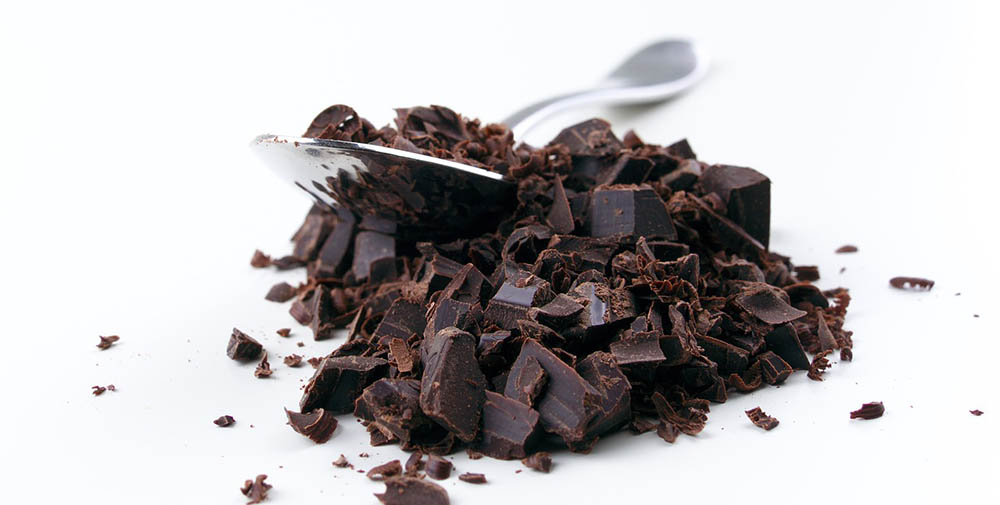We all know the benefits to humans from eating Greek yogurt, so it’s only natural to wonder if our K-9 friends will reap the same benefits. The quick answer is, yes, it’s perfectly safe for your dog to eat Greek yogurt as long as they are not lactose intolerant, but keep reading while we take a closer look to find out if they get any health benefits from doing so.
What is Greek Yogurt?
Greek yogurt is a type of strained yogurt. Straining removes most of the lactose and results in a thicker yogurt than unstrained brands. You make Greek yogurt by boiling milk to remove some of the water content and then straining it to remove the whey. Because there is less lactose, there is also less sugar in Greek yogurt than in other types. Straining yogurt causes it to be much thicker than other types of yogurt.
Is Greek Yogurt Bad for My Dog?
The main problem with Greek yogurt is that even though it’s strained, it still contains a lot of lactose, which can give many dogs minor issues with digestion and can cause stomach discomfort. Dogs digestive systems lose the ability to digest lactose once they are fully grown, and overeating can cause diarrhea and even vomiting. Dairy products are also typically high in fat, which can lead to an upset stomach and pancreatitis. Like people, some dogs can tolerate lactose much better than others, and this will likely be the biggest factor deciding whether to give your dog Greek yogurt, according to The American Kennel Club.
A secondary problem associated with Greek yogurt is that it might contain extra ingredients that can be harmful to your dog. Sugar is the main ingredient we do not want in our yogurt. Natural and artificial sweeteners are bad for your dog, and you should never add them to their diet. One artificial sweetener named xylitol is especially dangerous, according to The American Kennel Club. Their studies show that xylitol can be as much as 100 times more dangerous to dogs than chocolate, and it’s a chemical found in a lot of unexpected places, like toothpaste. Xylitol can cause tremors, seizures, diarrhea, and vomiting.
You also want to avoid any citrus fruit additives to your yogurt as they can upset your dog’s stomach, and cherries are toxic to dogs as well.
Is Greek Yogurt Good for My Dog?
Greek yogurt has plenty of calcium that can help with your dog’s bone development, which includes stronger, healthier teeth. It also reduces the risk of bone breaks or the onset of osteoporosis later in life.
Greek yogurt has plenty of protein, which is essential for energy as well as the development of muscle. Protein is also responsible for coat and skin health.
According to PetMD, Greek yogurt also contains probiotics that can help aid in digestion. The lactose offsets some of the benefits in this area, and there are better ways to get probiotics into your pet’s diet, but your dog will get some from Greek yogurt.
In small amounts, yogurt is good for your dog.

How Much Greek Yogurt Can I Feed My Dog?
If you have determined that your dog is ok with eating lactose and you would like to give your dog a little Greek yogurt as a treat, you’ll need to figure out how much is safe. Most experts recommend using the 10 percent treat rule. This WebMD rule says you can give your pet 10 percent of their daily caloric requirement in the form of treats. For instance, a 20-pound dog has a daily calory requirement of 700. So, you can feed this dog 70 calories of Greek yogurt. In many cases, this equates to about ¾-serving. Since there is lactose involved, we recommend reducing the allotment to half a serving per day.
Summary
If you are going to feed your dog Greek yogurt, we recommend serving only the highest quality brand you can find. Make sure there are no extra ingredients or sweeteners and try to buy organic if you can. Keep the servings lower than recommended to avoid gas and other digestive problems and don’t serve it every day. If you notice your dog has gas, they are probably also experiencing pain, and it’s a good sign to reduce the serving size or eliminate it.
We hope that you have enjoyed reading over this look at whether it’s safe to feed your dog yogurt. If you are surprised to learn that dogs can eat Greek yogurt, please share this guide on Facebook and Twitter.
Featured Image: Wikimedia







